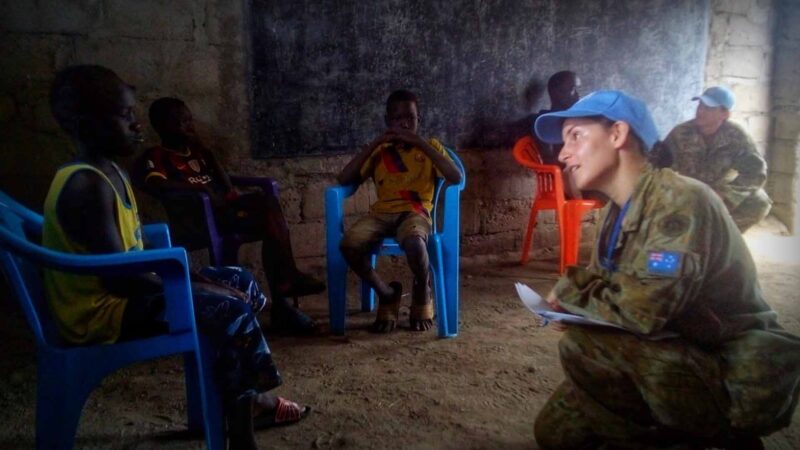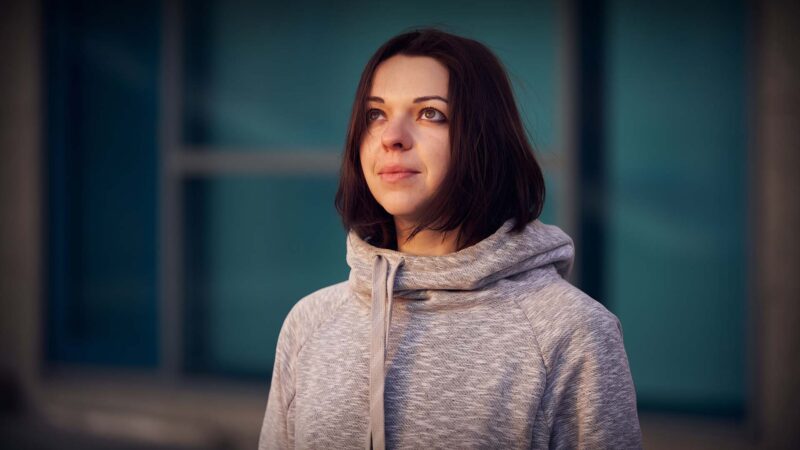Australia and India have significant potential to generate affordable clean electricity from solar energy systems. However the economic, environmental and health benefits from a transition to renewable energy are not fully appreciated.
To coincide with this year’s 2023 World Environment Day, World Made Good releases a segment on a joint Australia and India clean energy generation project funded by the Australian Department of Foreign Affairs and Trade. Launched in 2021, the Clean Energy for Healthy Environments and Lives (CE4HEAL) project addresses 5 of the UN Sustainable Development Goals:
- SDG#3 Good Health and Well-being
- SDG#4 Quality Education
- SDG#7 Affordable and Clean Energy
- SDG#11 Sustainable Cities and communities
- SDG#13 Climate Action
World Made Good spoke with Professor Sotiris Vardoulakis, Australian National University and Professor Shiva Nagendra, Indian Institute of Technology, Madras, India, on how the project has been increasing access and adoption of domestic solar systems and reduce polluting fuel use in rural and remote Australia and India. These have contributed to cleaner air, affordable and improved energy security, and better health outcomes for rural, remote and Indigenous communities in both countries.
Extreme heat in parts of Australia and Indian are driving the need for affordable, clean and reliable energy. Professor Vardoulakis says, ”Many remote communities in Central Australia are exposed to extreme temperature due to climate change. That means more heat waves and droughts and extreme heat. Heat can be life threatening if people cannot cool their homes, their medical supplies and their food. That’s why they need affordable, clean and reliable energy.”
Most rural households in India use biomass fuels; many remote/Aboriginal communities in Australia rely on polluting and expensive diesel for energy generation. Professor Shiva Nagendra states the health impact being from “harmful gases and particulates significantly that affect respiratory health.”
The project teams have worked with rural and remote communities in Central Australia and South India to identify barriers and promote the use of solar energy. By listening and talking to communities to collect and communicate examples of clean energy projects already operating in rural and remote communities; identify barriers and enablers for increased adoption of clean domestic energy solutions; co-design in ways to communicate their health, environmental, and economic benefits in rural, remote, and Indigenous communities; and enhance collaboration on clean energy solutions between these communities in Australia and India.
#worldenvironmentday
#worldenvironmentday2023
You Might also like
-
Introduction to Women, Peace and Security
Gender equality is the number one predictor of peace – more so than a state’s wealth, level of democracy, or religious identity. Driven by civil society campaigning for action on gender equality, in 2000 the United Nations Security Council adopted Resolution 1325. In doing so, Member States formally acknowledged that conflicts and crises impact the lives of women and girls differently, significantly and disproportionately, to that of men and boys.
Resolution 1325 consists of four pillars – participation, protection, prevention, and relief and recovery. It urges Member States to increase the representation of women at all decision-making levels in national, regional and international institutions and mechanisms for the prevention, management and resolution of conflicts.
-
Women must take a seat at the table
Catarina Caria is the new Sustainable Development host on World Made Good. She will be interviewing notable project leaders across sustainability initiatives around the world. These include by are not limited by the United Nations Sustainable Development Goals (SDGs).
Born in Lisbon, Portugal and passionate about Peace & Security, and Civil Society, Catarina focused on research of Women, Peace and Security Agenda at the University of Virginia under a Fulbright/FLAD Scholarship in 2021.
-
A Thai story of confidence, ethics and morality
When Pili Opal left Udon Thani, a farming region in north-eastern Thailand, to go to University in Bangkok, she bravely left her family to improve her life and theirs through her education.
Pili says, “When I created Respect International Academy I had much more than modeling In my mind. I wanted more. I wanted to change lives. I wanted to help people, men, women, children, discover who they are but maybe never saw. And never let anyone take that away from them, ever. When I help people I help my country rise up”.



